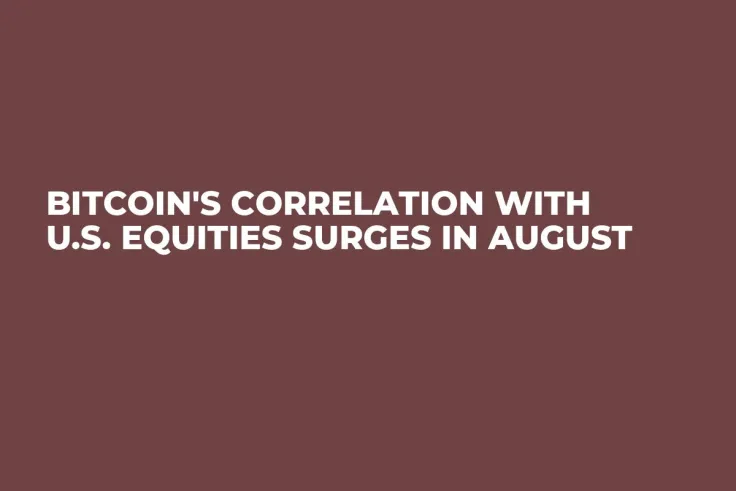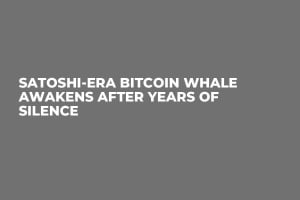Bitcoin's correlation with U.S. equities and investment-grade bond prices has seen a significant uptick. The correlation with U.S. equities and the iShares Core U.S. Aggregate Bond ETF (AGG) stood at 40% and 33% respectively for the month of August, according to the data that comes from data analytics firm Kaiko.
Interestingly, Bitcoin, which had surged by 13% in June, has been on a decline since the beginning of July.
Adding to the narrative of Bitcoin's evolving behavior, July witnessed the cryptocurrency showcasing an unprecedented level of stability. According to a report by Bloomberg, citing analysts Bendik Schei and Vetle Lunde from K33, Bitcoin's trading volume in July plummeted to its lowest since November 2020.
This drop is attributed to the reduced volatility and minimal price fluctuations that the digital currency experienced during the month.
Historically, the flagship cryptocurrency has been synonymous with high volatility, often experiencing sharp price swings in short durations. However, recent data indicates a shift in this trend.
The 30-day volatility of Bitcoin is nearing a five-year low, a stability metric that typically precedes a return to high volatility. In a surprising turn of events, Bitcoin's current stability surpasses that of the S&P 500, tech stocks, and even gold -- a phenomenon rarely observed before.
This newfound steadiness in Bitcoin's performance, which has kept its value hovering below the $30,000 mark, has piqued the interest of both investors and market analysts. Some view this as a positive sign of maturity in the cryptocurrency market, but others approach it with caution, speculating on the potential return of its inherent volatile nature.



 Dan Burgin
Dan Burgin Vladislav Sopov
Vladislav Sopov